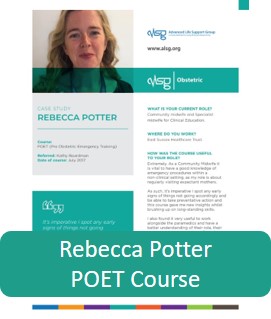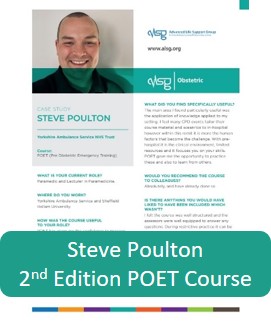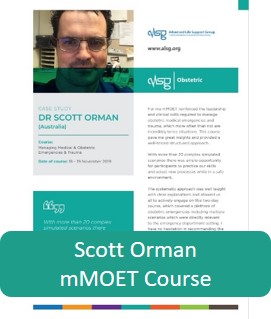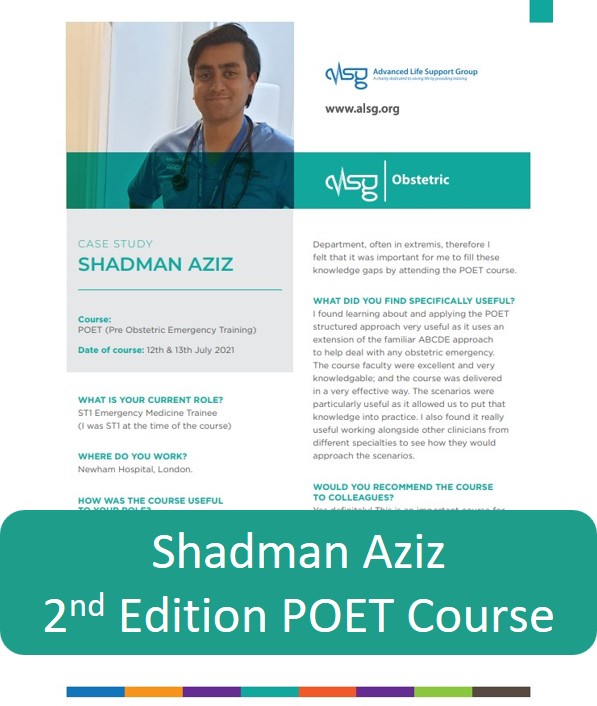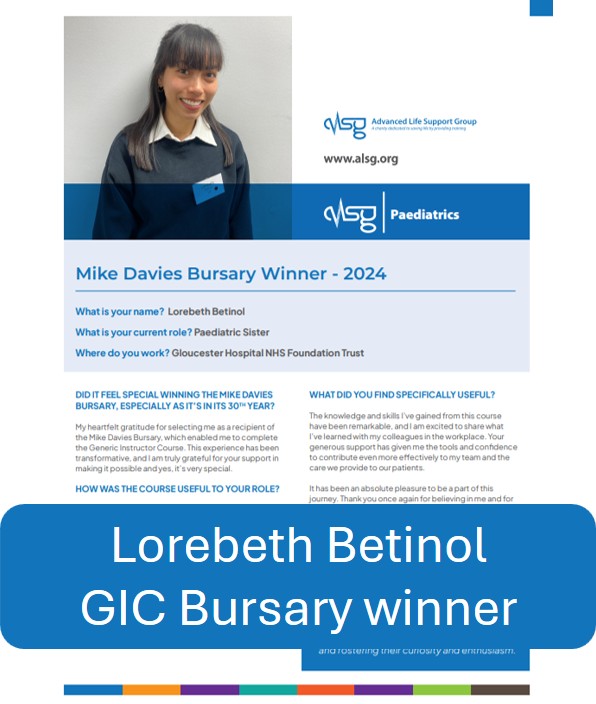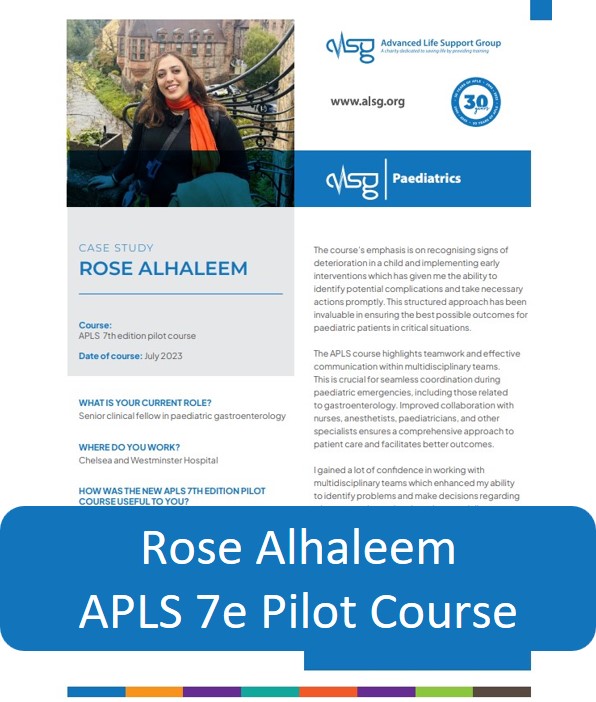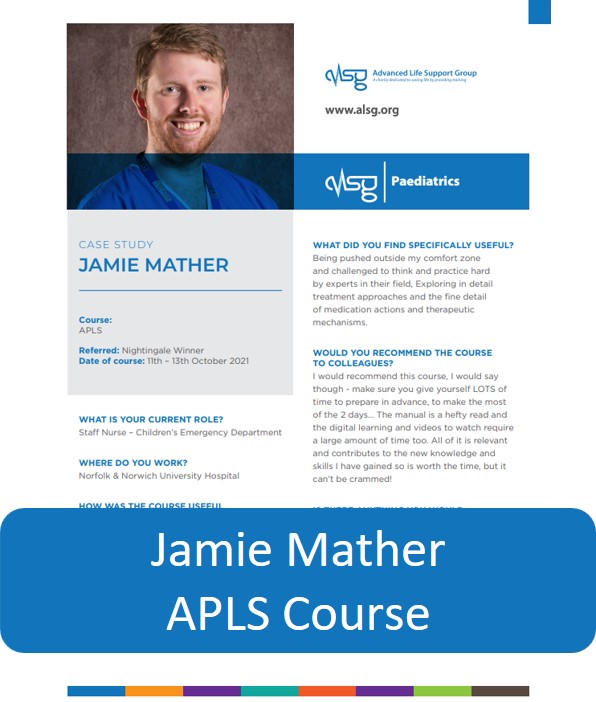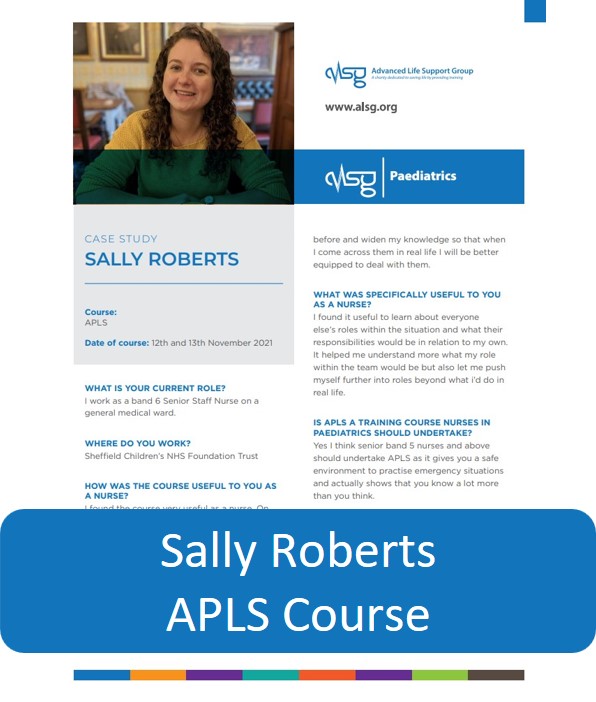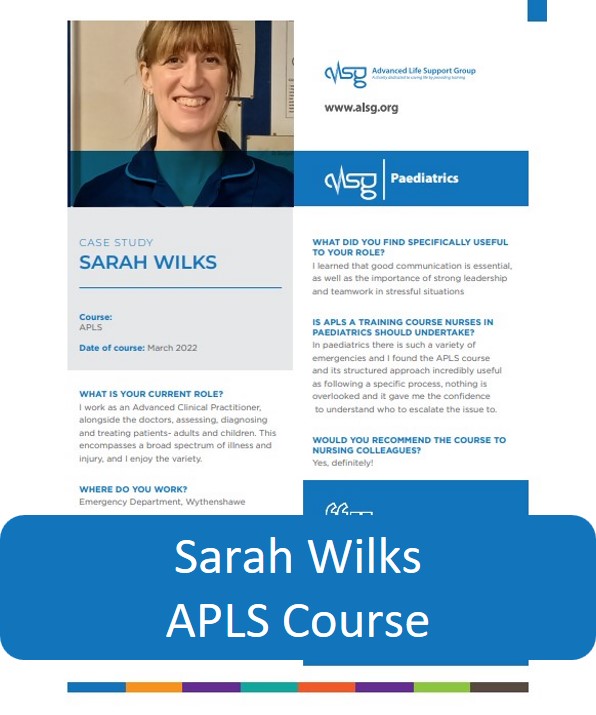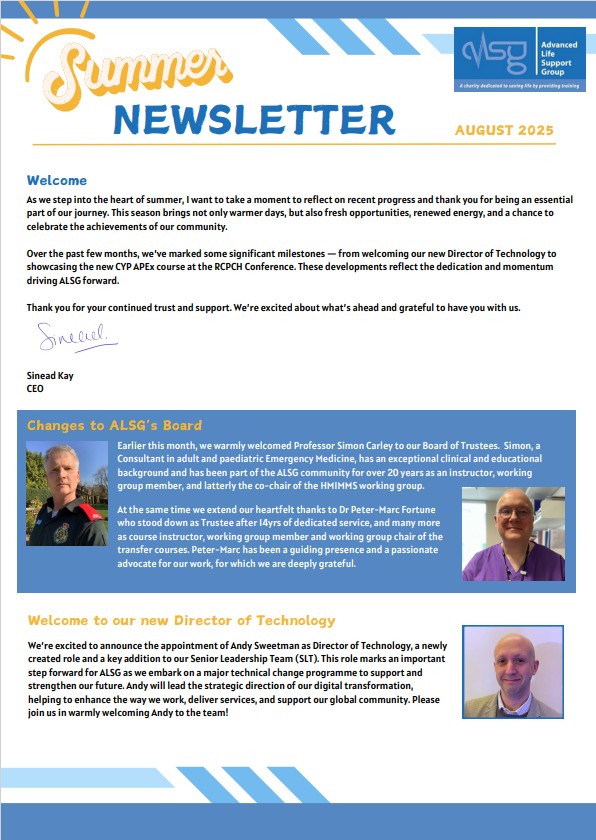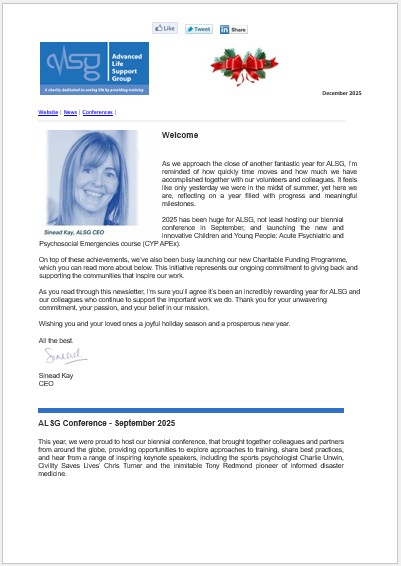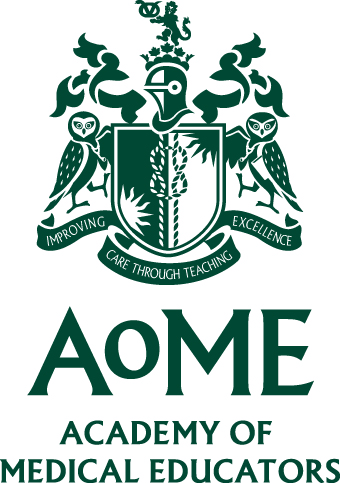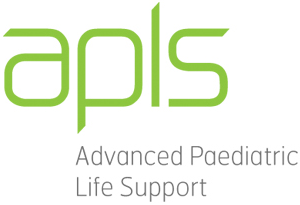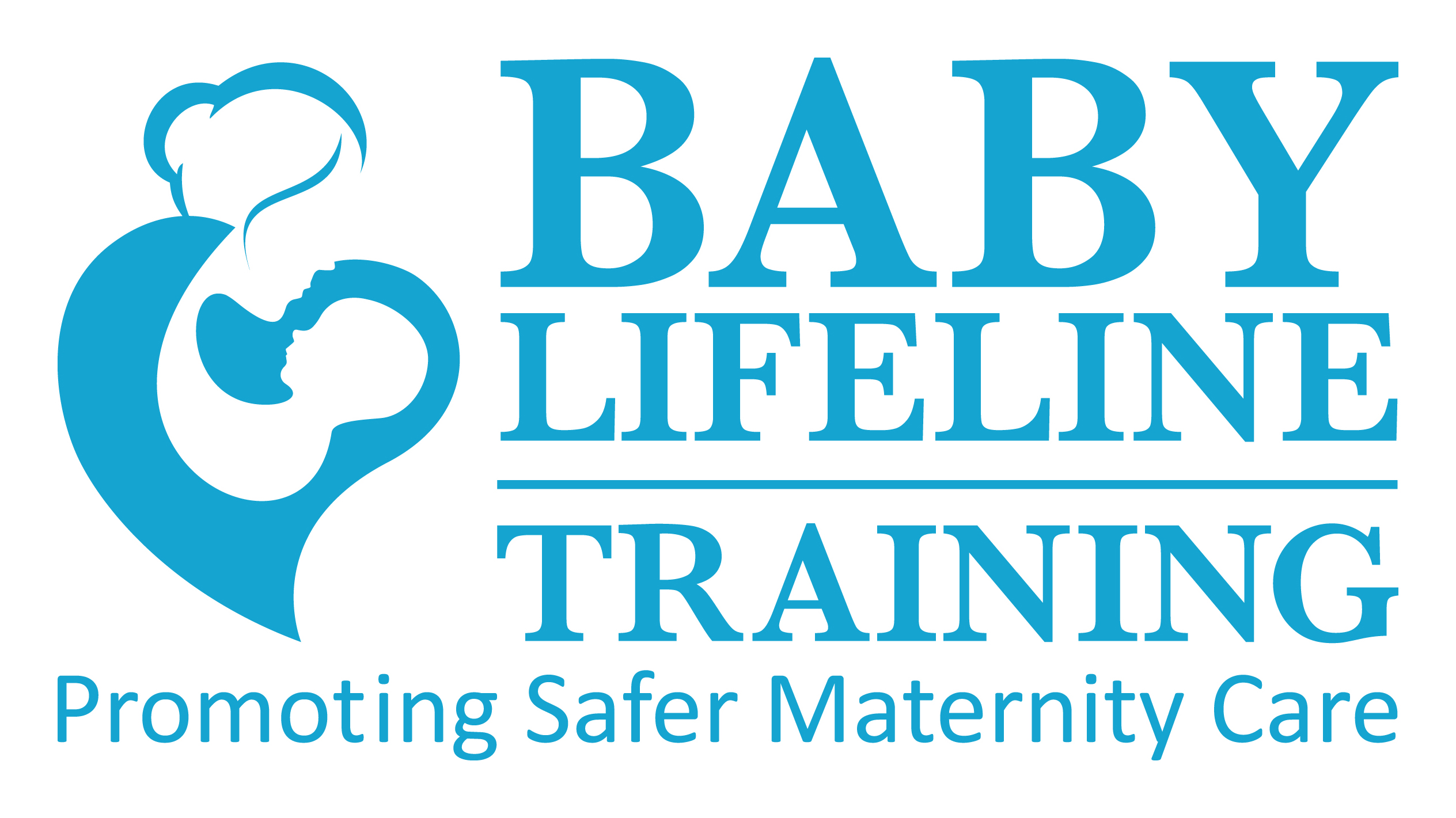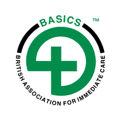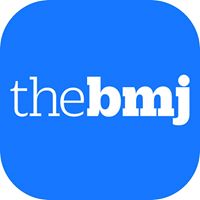

Section outline
-
The journey so farMission and valuesALSG is a world leader influencing and providing innovative life saving training for everyone responding to medical emergencies and our mission is to save lives by providing training. Our core values reflect what is truly important to us as an organisation and are the underpinning of our culture. They guide our actions and inform the way we work and behave as an organisation.
Vision
ALSG is a world leader influencing and providing innovative life saving training for everyone responding to medical emergencies.
Mission
Saving lives by providing training
Values
Our values are part of our DNA. They provide a framework in which guides the way we work and engage with our customers, stakeholders and with each other – they ultimately influence and shape our culture.
 Meet the teamAPLS - Where it all began
Meet the teamAPLS - Where it all began -
Continuous assessment
 ALSG realised a number of years ago that we cannot safely assess our candidates on the level of their clinical care, ability to work with colleagues, communication skills, professionalism in a single moment, in one high-stakes test. Through studying assessment literature, we learned that putting all of our faith in one summative assessment was based on a number of flawed assumptions.
ALSG realised a number of years ago that we cannot safely assess our candidates on the level of their clinical care, ability to work with colleagues, communication skills, professionalism in a single moment, in one high-stakes test. Through studying assessment literature, we learned that putting all of our faith in one summative assessment was based on a number of flawed assumptions.We took the decision to move to a form of ongoing or multiple assessment, realising that repeated sampling and triangulation by different assessors were both essential. We recognised that the students needed to be far more involved in the process and have agency and be heard, therefore they needed more meaningful and ongoing feedback. This meant putting much more emphasis on assessment for learning, guiding and coaching.
We've made adaptations over the last few years, learning from our successes and our challenges. We will keep on doing this and striving to improve the experience for our candidates. We are on an exciting journey.
Listen to Kate Denning, ALSG’s Director of Education talk about the benefits of continuous assessment where she outlines that exams have a place but are also just a moment in time, whilst outlining the advantages of continuous assessment over a two day training programme.
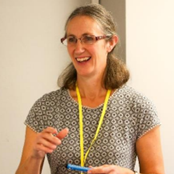
-
ObstetricGIC - Mike Davis Bursary winnerA day in the life of ...
 Marijke Van Eerd tells us what it's like as an ALSG volunteer. Read more here
Marijke Van Eerd tells us what it's like as an ALSG volunteer. Read more here
Paediatrics -
2026 Mike Davis Bursary FundLaunched in 2017, the ‘Mike Davis Bursary Fund’, marked the retirement of Mike as ALSG’s lead educator after a hugely successful 21 years in post. In honour of Mike’s contribution to ALSG, we offer this special fund annually to give future UK ALSG instructors the opportunity to complete a GIC where they may not have the financial support to do so. For more information and to apply, click here.2025 Newsletters30 years of APLS - where did it all begin?Read all about the 30 year journey of APLS, where and how it all began here:
-
None currently available


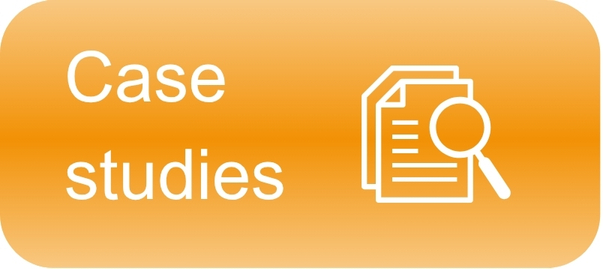

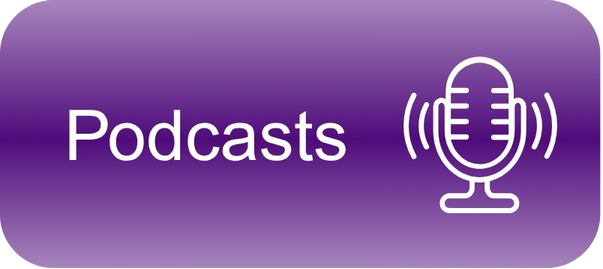
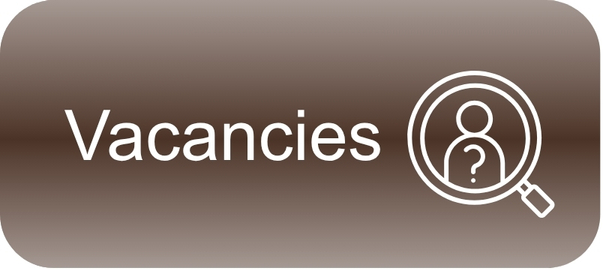

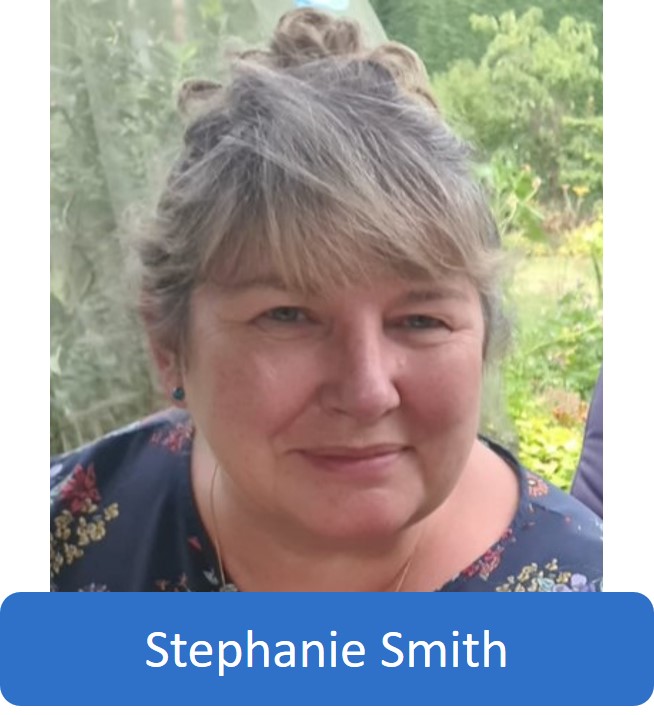
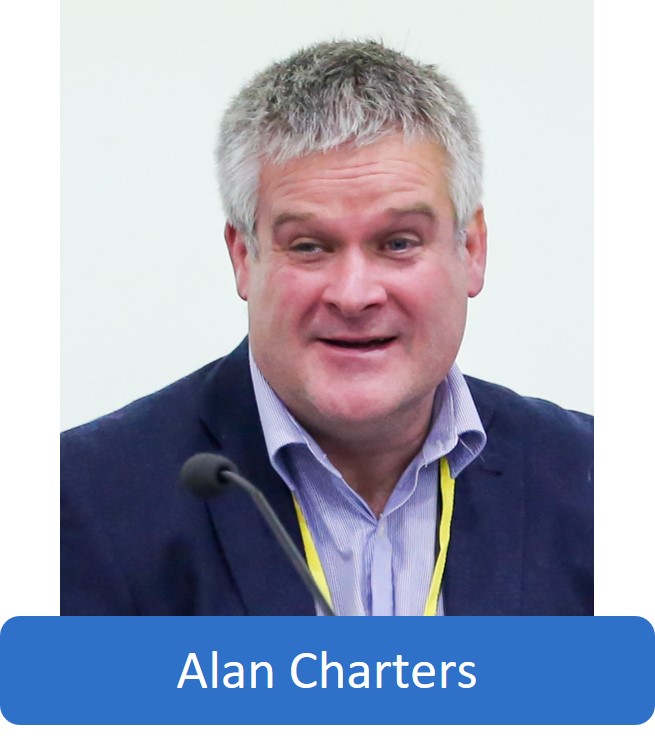
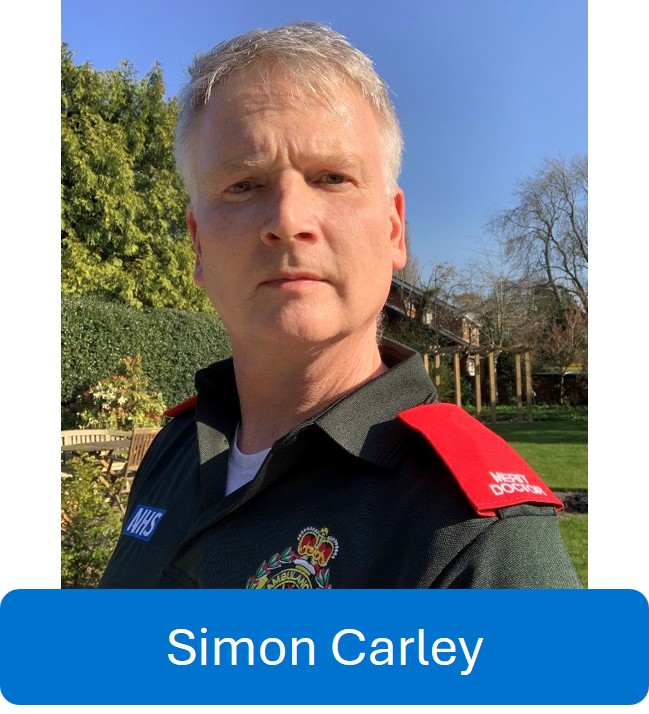
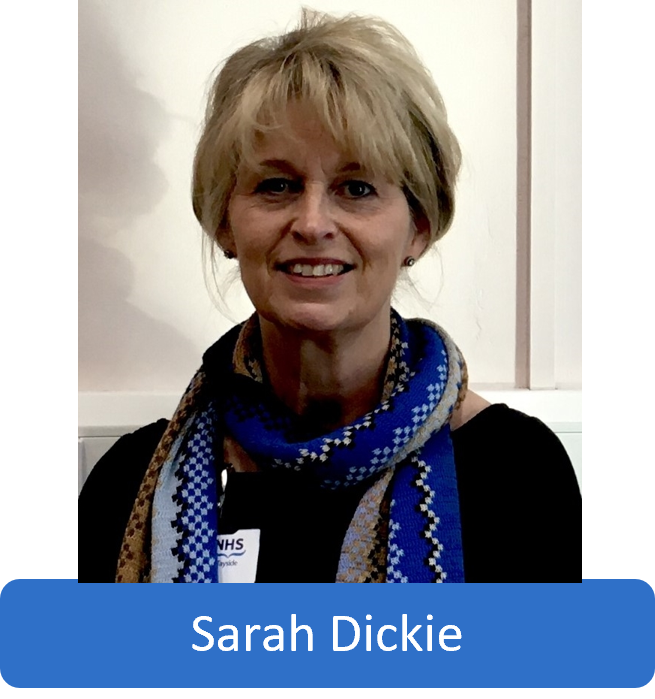
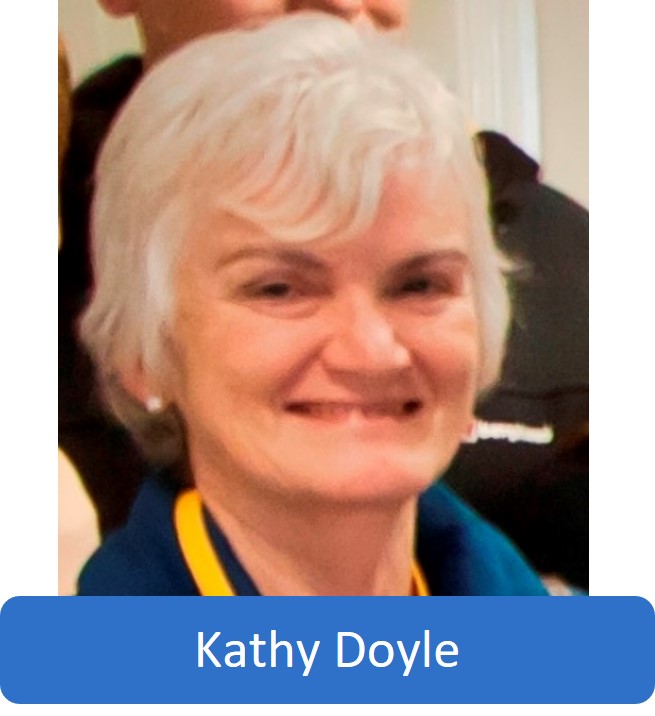
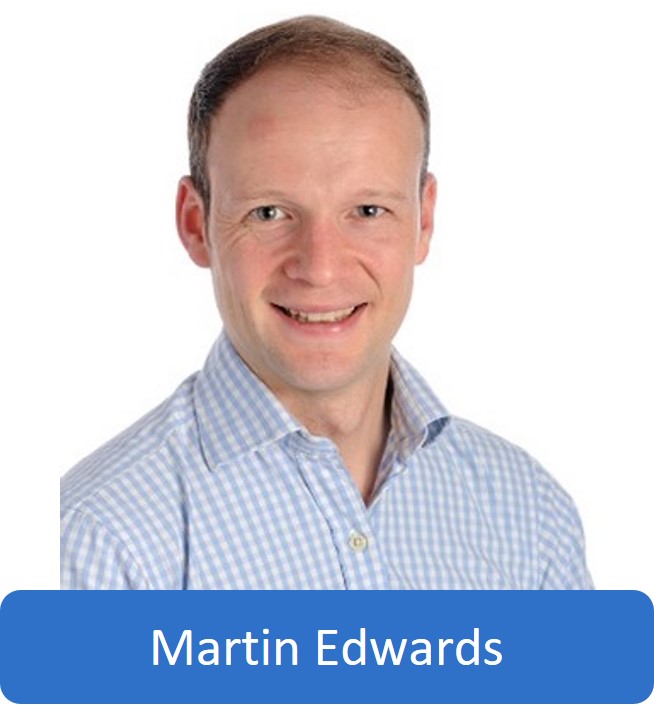
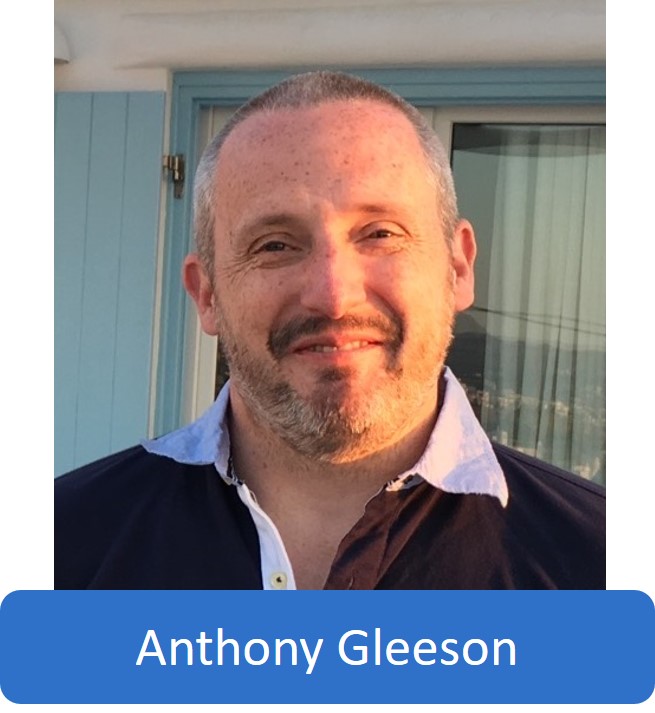
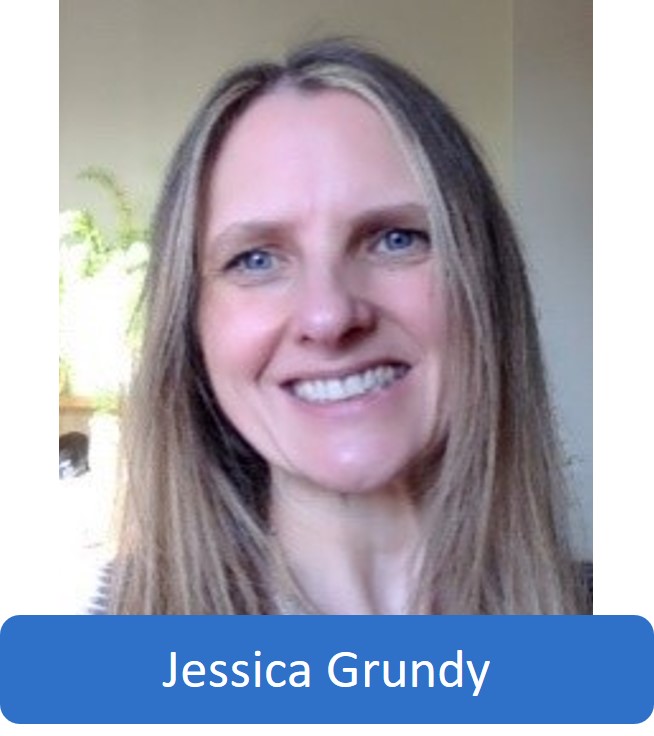
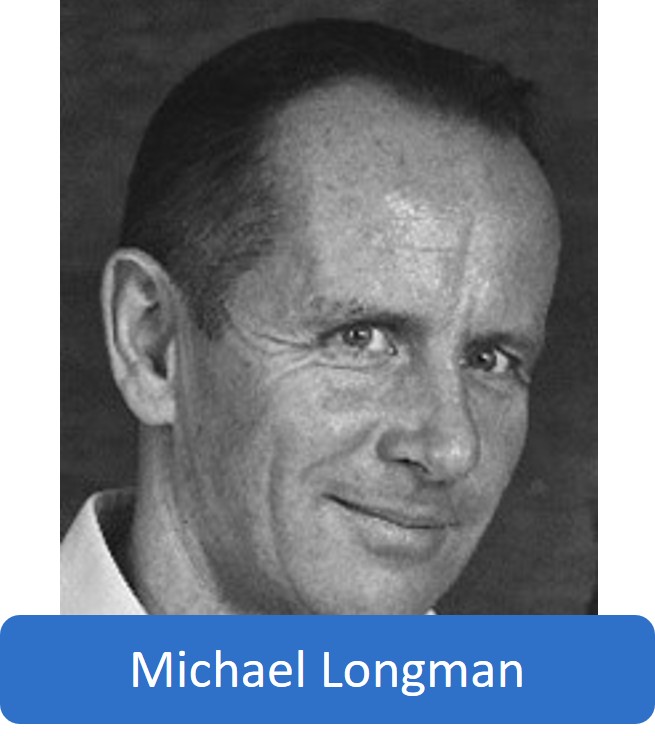
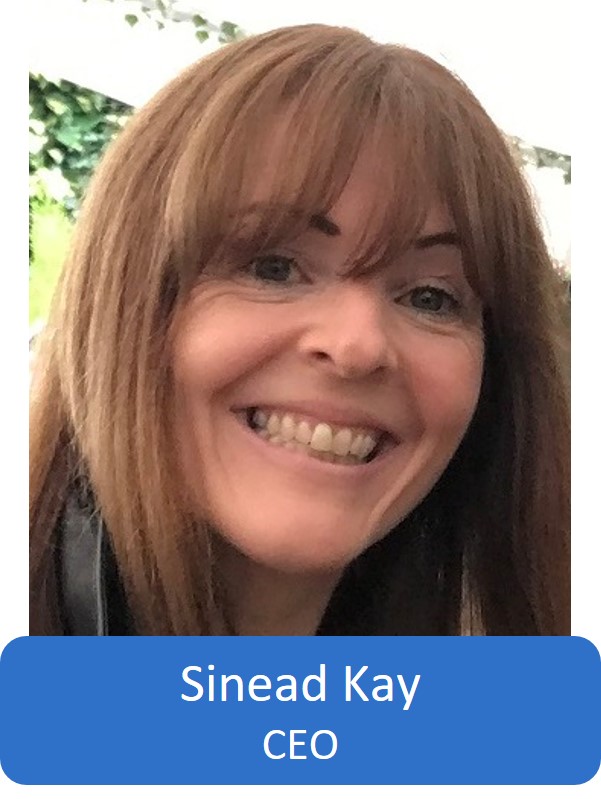
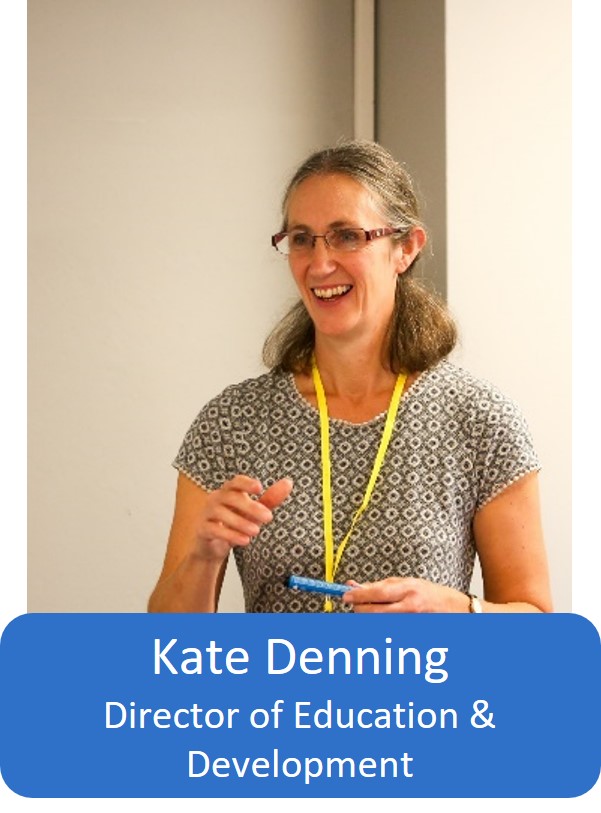
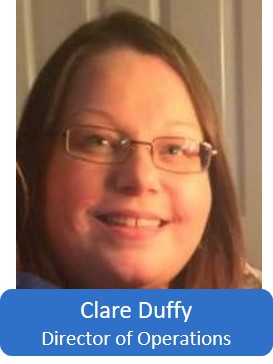
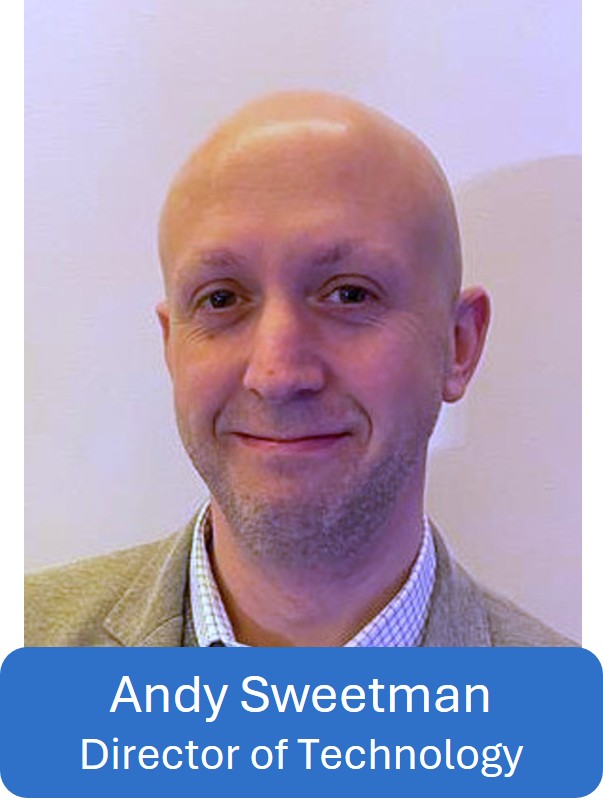
 As we return to some sort of normality, many people will be returning to their offices for the first time in many months. This is a transitional time as we recalibrate the way we work, as COVID-19 has not gone away.
As we return to some sort of normality, many people will be returning to their offices for the first time in many months. This is a transitional time as we recalibrate the way we work, as COVID-19 has not gone away.
 It’s World Mental Health Day next month, a time when people reflect more on their mental status. Even if it’s just for one day, it helps to slow down and view the issues that may be affecting you more than you know.
It’s World Mental Health Day next month, a time when people reflect more on their mental status. Even if it’s just for one day, it helps to slow down and view the issues that may be affecting you more than you know.
 In a recent survey by LBC, the radio station, which through the Freedom of Information Act has discovered there is a greater shortfall of children receiving help for mental health issues to those that are fortunate to be able to receive some vital support.
In a recent survey by LBC, the radio station, which through the Freedom of Information Act has discovered there is a greater shortfall of children receiving help for mental health issues to those that are fortunate to be able to receive some vital support.  Most of us regularly work from home for say, one day per week, so we can cope and are used to that. However, in these unprecedented times, for a lot of us working from home is now five days a week, this certainly puts the onus on each of us to stay motivated and focused. Here are some tips which may help give you a steer:-
Most of us regularly work from home for say, one day per week, so we can cope and are used to that. However, in these unprecedented times, for a lot of us working from home is now five days a week, this certainly puts the onus on each of us to stay motivated and focused. Here are some tips which may help give you a steer:-
